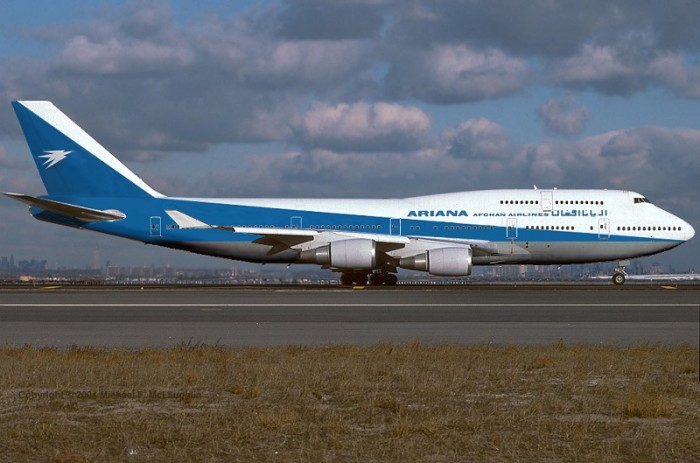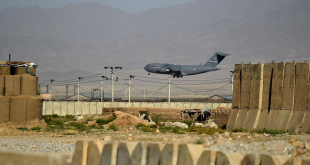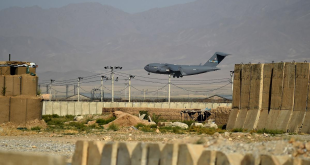By Akhtar M. Nikzad-KABU: The Afghanistan Civil Aviation Authority (ACAA) on Thursday said that United States will continue to guide Afghan airspace and air-traffic control for another two-and-a-half months after its current contract expires at the end of June.
Deputy Director General on Policy and Planning in ACAA, Mohammad Qassim Wafayezada, told Afghanistan Times they have the remedy now how to control the airspace.
“The United States will continue to manage our airspace till Sept. 16. By then we will have devised our own mechanism and program. It will be a smooth transition and another well-experienced international company will take it over,” he said. He didn’t name the likely company to take the airspace control over from the United States yet Wafayezada said an American company has won the contract. “After gurantee, the company will undertake controlling our airspace for the next two years,” he said.
“Paperwork and talk over details are ongoing and the contract will be signed soon” he said.
He underlined the company will work under the directives of the government, however, its personnel will be foreign experts. “However, we have set some conditions including training of Afghan personnel,” he said. Since 2001, Afghan airspace, a key air corridor between Europe and Asia has been controlled by the US-led international military coalition and foreign companies paid by donor countries. After the US and its coalition troops started withdrawal, the responsibility of controlling the airspace fall on shoulders of the Afghan government. However, the government lacks the capacities to control the airspace on its own. Therefore, it stirred concerns that international airlines would cancel flights—into the country and over its aerial territory. To tame the concerns, the government started bidding to hire the services of international companies. He said that by signing an agreement with a winning company there is no need for worries anymore at least for the coming two years.
So far the U.S officials have not commented over the extension of airspace control for two-and-a-half months.
Wafayezada said that air traffic via Afghanistan, as well as from the Central Asian countries, generates about $33 million a year.
 Afghanistan Times
Afghanistan Times




